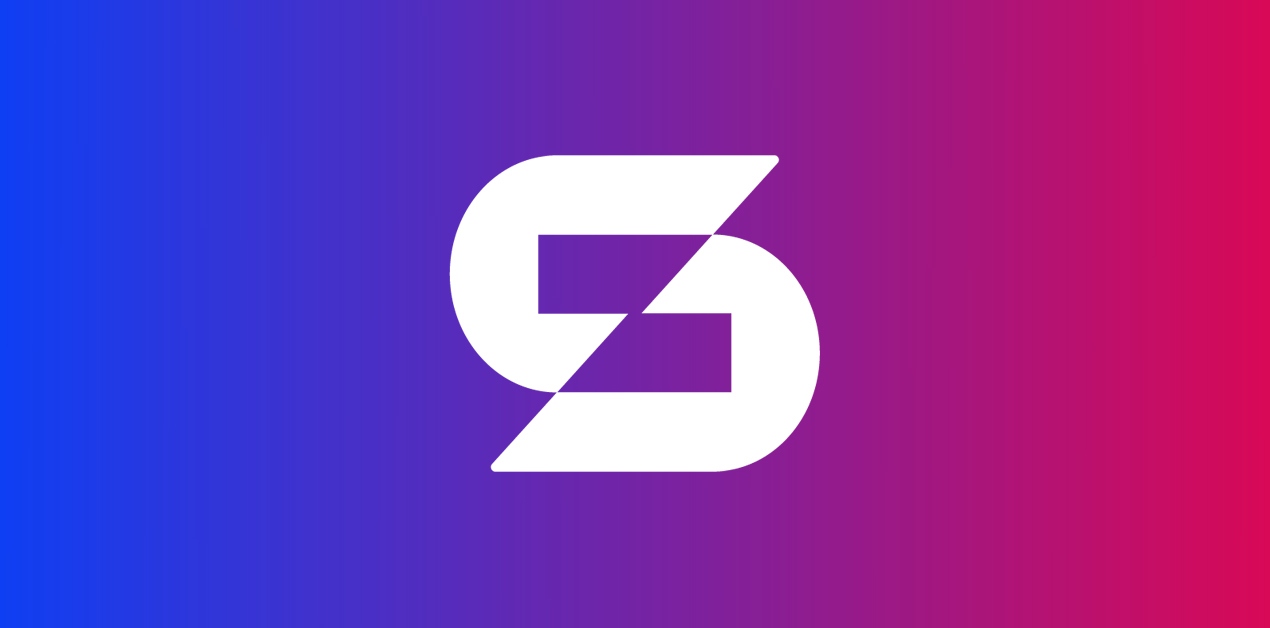Building an Agile Culture of Achievement
by: Andrew Paradise, CEO of Skillz
Skillz was founded on the idea that everyone can compete – and win – based on their own unique skills. The thrill of achievement that we all experience when we overcome a challenge and level up is what makes playing games so rewarding.
As we evolved as a company, we came to realize that the true power of achievement goes beyond gameplay itself. The drive to push through, break barriers, and find our true potential is core to what makes us human. In many ways, our achievements build grit, and give us all a sense of purpose as we progress in life and in business.
With the mission of bringing out the best in everyone through competition, we had to ask ourselves: how do we bring out the best in our company? For us at Skillz, this means fueling the drive to win as a team. As we entered 2022 with a goal of building our future towards profitable growth, focusing on achievement could not have been more important.
Creating a more agile, impact-driven culture is a continual journey, but an important one. Thriving on change is not just core to the spirit of Skillz, but a vital ingredient for any company looking to win in the speed of business in today’s world order.
Our five guiding principles for building an agile culture of achievement:
Act as business owners, not employees.
Benjamin Franklin once said: “Those who achieve make many mistakes, but never make the biggest mistake of all – doing nothing”. Acting like business owners rather than employees is what makes Skillz’s culture so unique. This focus on ownership empowers us to be more accountable while acting more like entrepreneurs – regardless of seniority level or title. When we do so, we’re more likely to be creative and innovative, finding new ways to improve while questioning the status quo. At Skillz, each business function writes business plans guided by desired results and 1-5 year visions. We follow a systemized grading system that helps us all define success and monitor our progress as a common language. In our most recent employee engagement survey, 90% of Skillzians indicated that they clearly understood how their work contributes to our goals – a strong indication that our company-wide agile approach and focus on achievement has helped us all feel connected to our business and the impact we drive.
Focus on results, not activities.
Typically a workforce focuses on accomplishing activities: scoping, managing, or completing projects. At Skillz, we realized that this type of operating model doesn’t always yield results or move the needle. Simply put, what impact did all that energy expended on the to-do list actually deliver? We found ourselves pondering that often, and realized we needed to make an intentional shift to focus on the results of our actions, rather than just getting things done. By doing so, we were able to define the value of our efforts and found it easier to prioritize initiatives across our company.
Move with agility. Adopt a product-mindset.
Skillz is a product-led organization, but a product mindset doesn’t have to be limited to one function – it can permeate across the entire company. We all have customers – whether it’s our players, our developers, our investors or our colleagues. That means we each have a ‘product’ to offer – from the technology we deploy to the support and enablement of our business to function everyday. Everyone at Skillz, including PeopleOps, Finance, and Workplace teams, adopts a weekly sprint approach which enables them to focus their attention on progressing through business-critical projects. A 12-week plan enables everyone to show steady incremental progress towards goals and measure results in real-time against our targets. Each week we track if we achieved what we set out to do, while highlighting mid-week any blockers along the way. Most importantly, we learn and improve as we go – something that wouldn’t be possible if we waited to mark a project as complete and measure once done.
Find the ROI in everything (yes, everything).
Every company has fixed costs that are necessary for any business to function. Commonly, these expenses are just seen as the cost of doing business. Because investing in our people, systems, and processes are critical to a successful outcome for our business, we aim to attribute an ROI to them through either hard or soft measures. Our guiding principle is that any investment or initiative – including hiring and operations – should either increase revenue or save costs. With that in mind, we simplified our company structure and removed a dedicated revenue group, as every organization at Skillz should fundamentally have an impact on our bottom line.
Take the (calculated) risk.
We work to tie everything we do to business impact so we can draw a clear picture of our level of investment, level of risk, and expected return. While it might seem like this focus on results means we’re risk-averse as a company, the reality is that we’re using this information to see if there are opportunities with asymmetric upside. We are much more inclined to invest aggressively in a higher-risk option than stick with a traditional, low-risk option if we know all the facts and have clarity on what we can achieve.
While the Skillz platform enables players and game developers alike to experience a sense of achievement, I am energized by the fact that our culture is guided by the same northstar. Innovating the way we connect, collaborate and write our next chapter together, has been a true game changer with a positive trajectory on our company and community.
Andrew Paradise
CEO, Skillz
—–
Join Us. Achieve More
